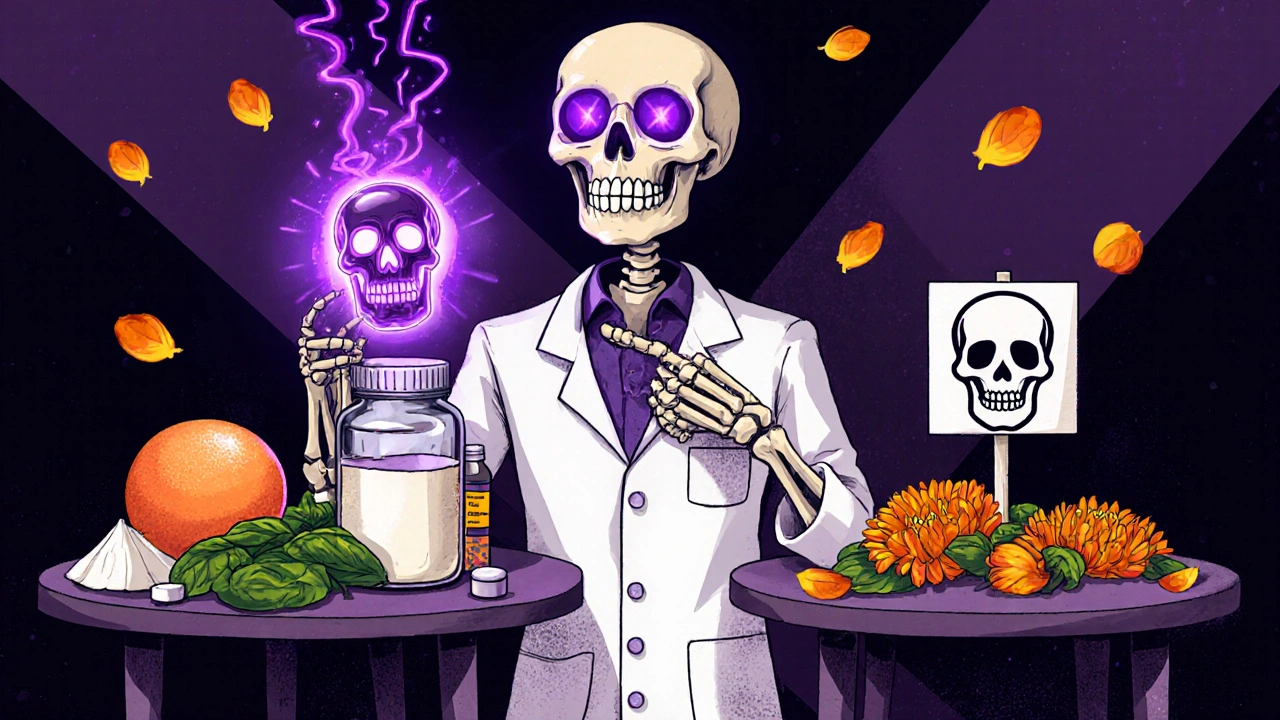Drug Side Effects: What You Need to Know Before Taking Any Medication
When you take a pill, you’re not just targeting the problem—you’re also hitting every other system in your body. Drug side effects, unintended physical or mental reactions to medication. Also known as adverse drug reactions, they’re not rare glitches—they’re predictable, often preventable, and sometimes life-threatening. Millions of people experience them every year, not because they took too much, but because their body reacts differently than the average patient. It’s not bad luck. It’s biology.
Some side effects are mild—a dry mouth, a headache. Others? Medication-induced delirium, sudden confusion in older adults caused by common drugs like antihistamines or benzodiazepines can land someone in the hospital. NTI generics, narrow therapeutic index drugs where tiny dosage changes cause big risks require extra care because the line between helping and harming is razor-thin. And then there’s pharmacogenetic testing, using your DNA to predict how your body will handle a drug, which can cut dangerous reactions by 30%. Most doctors don’t offer it. But you can ask.
Side effects aren’t random. They’re tied to your age, your other meds, your genes, even your gut health. A drug that helps one person might make another feel dizzy, nauseous, or mentally foggy. That’s why switching from brand to generic isn’t always safe—especially with NTI drugs. Why some men on HIV meds lose libido. Why older adults on multiple prescriptions suddenly forget their own name. Why folic acid is critical before pregnancy—not just for the baby, but to avoid interactions with drugs that block absorption.
What you’ll find below isn’t a list of scary warnings. It’s a practical guide to spotting the real risks, understanding what’s normal, and knowing when to push back. From how to avoid kidney damage with common painkillers to why a simple sleep aid could trigger confusion in your parent, these articles give you the tools to talk smarter with your doctor—and make choices that actually protect you.

How Food Affects Medication Side Effects: What Patients Need to Know
Food can make your meds work better-or cause dangerous side effects. Learn how dairy, grapefruit, vitamin K, and timing affect your prescriptions and what to do to stay safe.